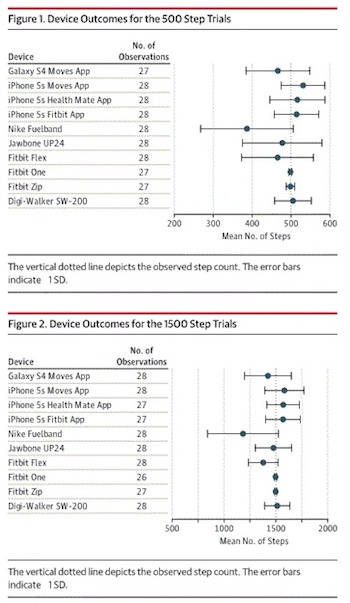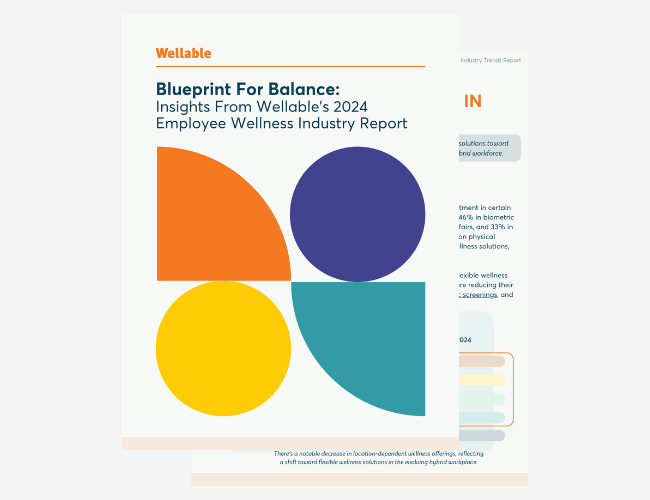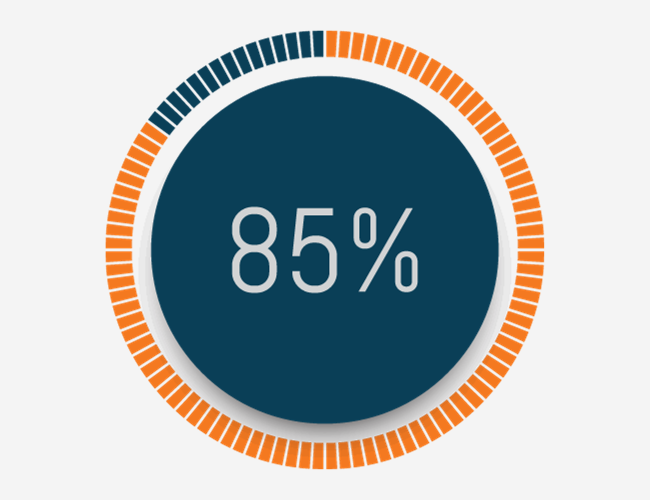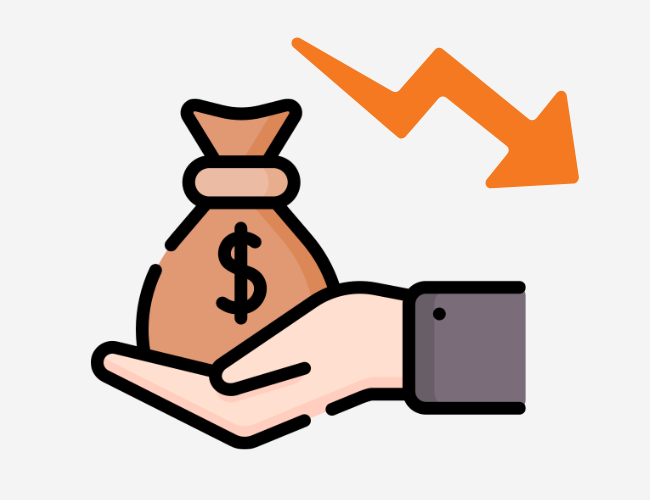A new study published in the Journal of the American Medical Association (JAMA) showed that, with the exception of Nike’s Fuelband, pedometers and smartphone apps were generally quite accurate and equally so, by and large. Since nearly two-thirds of adults in the United States own a smartphone vs. 1% to 2% that own an activity monitor, the authors of the study suggest that smartphones could offer “easy, less expensive, but still accurate” means for people to track their activity.

This research validates Wellable’s strong belief in a BYOD wellness strategy. Although smartphone apps can provide accurate tracking for no cost to download, some users will prefer a device. Employer wellness programs need to consider total cost of ownership and consumer preferences when constructing a wellness program. By not subsidizing the purchase of expensive devices and allowing employees to connect their own device or smartphone app to a program, employers satisfy these two critical criteria for successful wellness programs.
The researchers, who are from the Perelman School of Medicine and the Center for Health Incentives and Behavioral Economics at the University of Pennsylvania, are currently testing different types of incentives and rewards that could be incorporated into next-generation fitness apps and trackers. We are looking forward to research they publish as we continue to focus on science-based programs for our clients.













